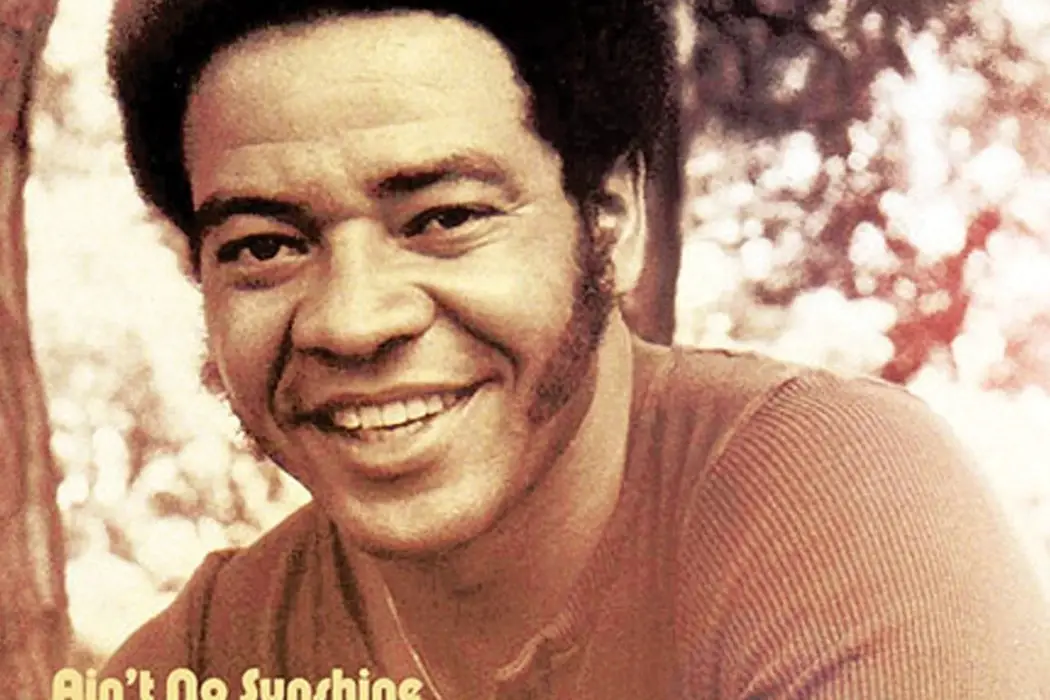In the section Nostalgia Tracks, team members discuss their favorite songs, ones that they have a deep connection with. In this installment, contributor Sydney Sweeney discusses her childhood memories of Bill Withers’ “Ain’t No Sunshine,” and analyzes the classic soul hit’s distinction in structure and lyrics.
Bill Withers has superhuman lungs. There’s nothing that biologically proves this argument, of course, but as a kid, I was amazed by how long he could croon without noticeably taking a single breath of fresh air. Anytime my family was hanging out in the backyard on a hot, Californian Sunday afternoon or day-tripping to somewhere more exciting than our familiar suburbia, oldies – the music my parents’ parents were jamming to during their youth – were sweetly oozing out of the stereo.
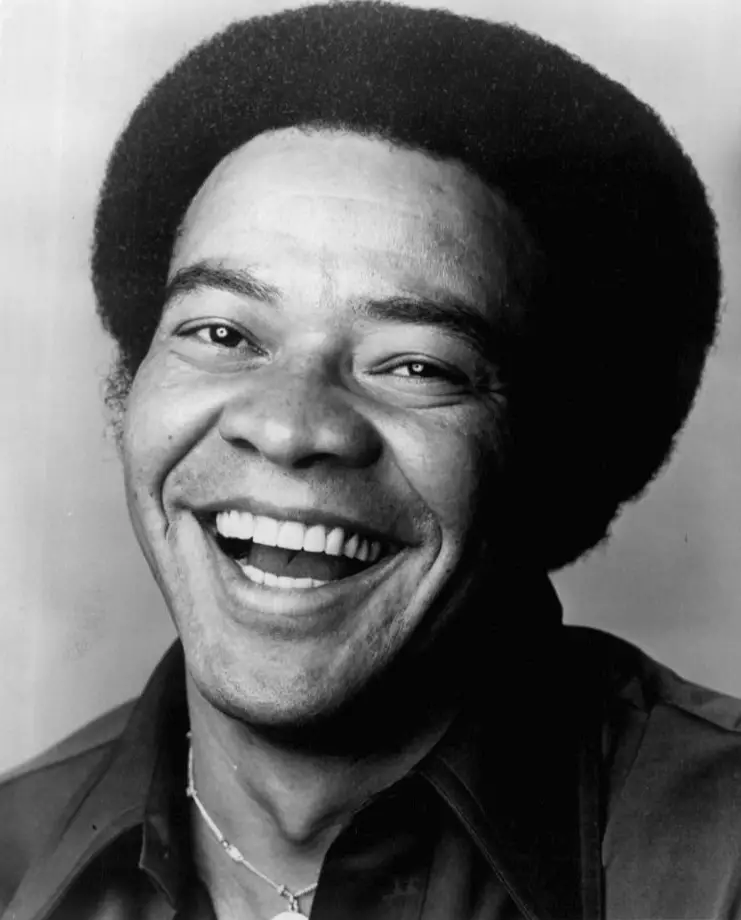
Roughly layered over that was our household choir chiming along, and though our performances were histrionic and jubilant, they were also terribly rough and certainly not a match for Withers: the four of us were mediocre singers with only half the amount of soul as the R&B legend, and if anyone dared to compete with his talent, they’d probably faint or die. What I mean is, unlike Withers, we couldn’t get through the winded bridges and choruses of his brightest, most nostalgic singles without breaking a note via an obnoxious intake of air – and whenever we tried, things always ended in a fit of exhausted laughter and “I almost did it” remarks, even when we really didn’t.
Five, ten years later, it doesn’t matter that none of us were gifted swimmer lungs at birth – my decade-old familiar recollections are fonder this way, and our performative failures make for warm reflections that are probably more amusing than success stories would’ve been, anyhow. But what does matter is the reality of Withers’ musicianship that cannot be duplicated, regardless of how hard someone – whether they’re a just-for-kicks vocalist like myself or a professional singer – tries. This is not to say that Withers is the only singer-songwriter to wield this distinct artistic character, but he is a soul icon whose voice and words are, almost timelessly, branded into the canon of contemporary music. Indeed, trying to find a crowd of adult Americans that fail to recognize the popular parts of Withers’ catalog – “Use Me” and “Lean on Me” from 1972, along with later releases like “Lovely Day” and “Just the Two of Us” with jazz-funk saxophonist Grover Washington Jr. at the start of the ‘80s – would be an impossible undertaking.
Ain’t no sunshine when she’s gone
It’s not warm when she’s away
Ain’t no sunshine when she’s gone
And she’s always gone too long
Anytime she goes away
Listen: “Ain’t No Sunshine” – Bill Withers
https://www.youtube.com/watch?v=tIdIqbv7SPo
In fact, with Withers’ music, our memories provide us with more than mere recognition of a song; instead, we remember his exact words, how they’re structured and the way they made, or perhaps still make, us feel. And though the said fragments of his discography are inarguably and massively treasured numerous decades later, there’s one Withers hit that holds a distinguishable amount of beauty: “Ain’t No Sunshine,” from his 1971 breakout album, Just As I Am.
I make a lot of throwback playlists on Spotify, and my favorite is one dedicated to Sunday mornings. It’s composed of black music from the ‘70s and ‘80s that makes me fuzzy inside, and my body intrinsically moves to these jams – delivered by the O’Jays, Kool & The Gang, The Supremes and The Isley Brothers, to name a few – whenever they pour from my living room’s speakers. Withers appears on this diverse 20-something song playlist, of course; without him, a so-called funk, soul, disco and R&B mixtape would be imperfect. But despite this playlist’s characterization as a ‘favorite,’ it doesn’t contain “Ain’t No Sunshine,” my most beloved Withers’ song.
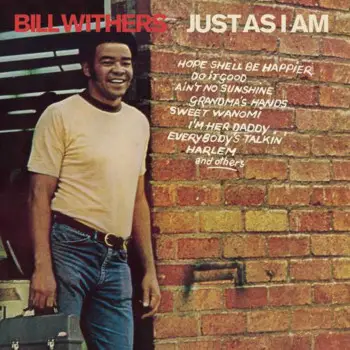
Wonder this time where she’s gone
Wonder if she’s gone to stay
Ain’t no sunshine when she’s gone
And this house just ain’t no home
Anytime she goes away
And I know, I know, I know, I know….
Hey, I oughtta leave young thing alone
But ain’t no sunshine when she’s gone
And I know this sounds like an easily fixable dilemma or an irrelevant complaint, but I want to note that its exclusion was intentional and serves to illustrate everything I find to be beautiful about the song, starting with its simplistic length – a whole, short two minutes and five seconds. It’s true that musical compositions were more succinct back when the limitlessness of digital music was only a dream, and vinyl dominated in spite of its physical shortcomings; yet, even for an early ‘70s recording, “Ain’t No Sunshine” is particularly brief and fast-moving. The song’s layers gracefully unfold after 20-something seconds, and its melancholy is forthright as violins, bass and Withers’ baritone are woven into a second verse that’s far too bittersweet to grin or dance to.
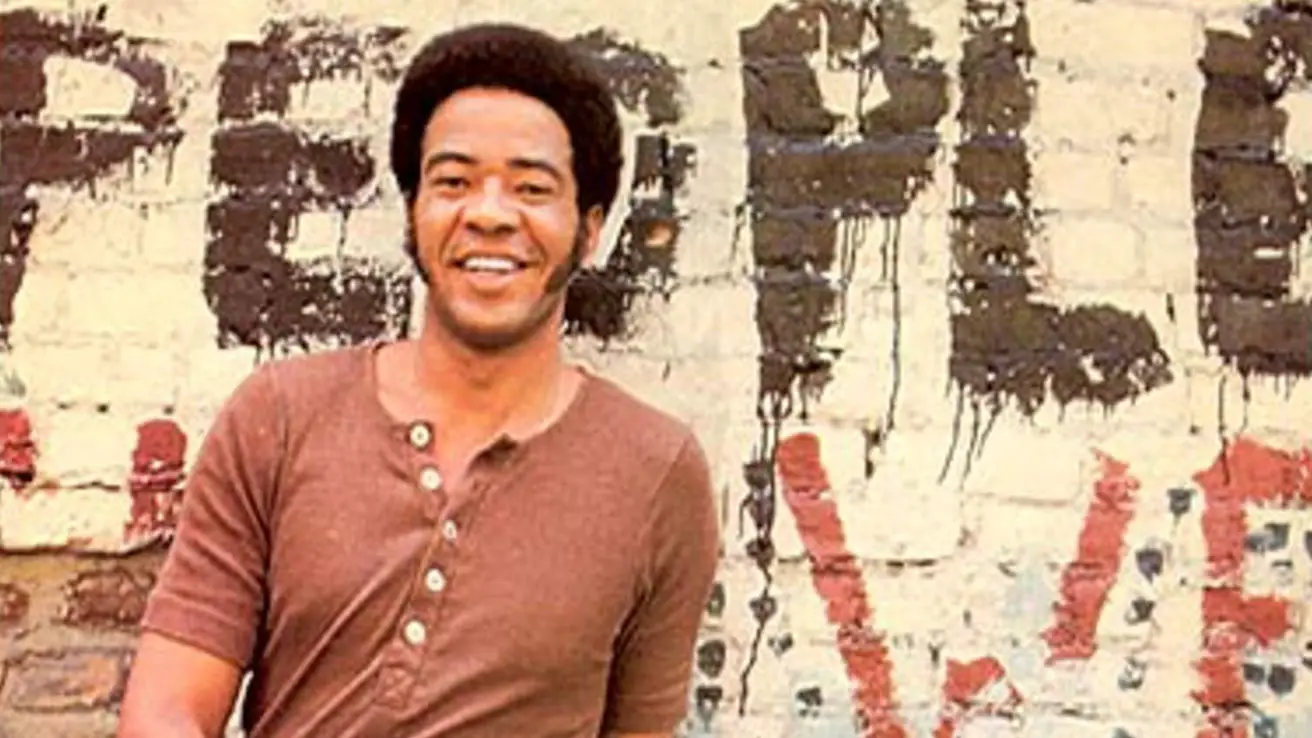
Honestly, I can’t imagine myself drawing my curtains and flipping pancakes to “Aint’ No Sunshine” in the same way I would for “Lovely Day” or “Lean on Me,” mostly because I’ve always interpreted the track to tell a beaten, bruised story about infidelity – somehow, it just doesn’t feel right to grin and bustle around in pajamas while Withers seemingly croons about a lover who’s forever winding in and out of his life, and the second verse evidences the legitimacy of my theory.
“Wonder this time where she’s gone, wonder if she’s gone to stay / Ain’t no sunshine when she’s gone, and this house just ain’t no home anytime she goes away,” he sings in the narrative’s anaphoric verse, the one that succeeds Withers’ smooth, endless series of “I know.” When Withers questions the woman’s place and further asks if she’s going to return to him, it can be assumed that the alternative place is another lover’s home. And when he explicates that his house doesn’t feel familiar without his lady by his side, he carefully and slyly notes that her absence is not entirely uncommon – indeed, “anytime” denotes that although her return is usually inevitable, this woman has abandoned him before. Throughout the rest of “Ain’t No Sunshine,” life shrinks into an even bleaker vacuum of sadness for the protagonist as he blatantly confesses that he’s engulfed in gloom (“Ain’t no sunshine when she’s gone / Only darkness every day”), and sings “anytime she goes away” five more times. This last, four-word refrain is redundant, but purposefully so – as Withers acknowledges his female absentee, I sense that he’s still looking for her. In this sense, “Ain’t No Sunshine” reflects the reality of getting stuck in repetitive bullshit and lamenting about it, but not really working to break the cycle.
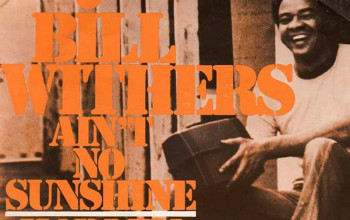
Ain’t no sunshine when she’s gone
Only darkness every day
Ain’t no sunshine when she’s gone
And this house just ain’t no home
Anytime she goes away
Although this issue is common in the ever-confusing world of relationships, it’s just as applicable to our individual selves. After all, we’re all addicted to something – people, objects or behaviors – that we’re fine without, yet can’t pull away from. And as I read that Withers detailed “Ain’t No Sunshine” in a 2004 interview with Songfacts, saying, “Sometimes you miss things that weren’t particularly good for you,” a few things came to mind: my family taking turns at holding musical notes and exploding in laughter at the stupidity of it all, and failing to out-sing Withers, despite filling my lungs with as much oxygen as possible. But as these recollections tend to fade from my mind as “Ain’t No Sunshine” comes to an inevitable conclusion, I think that Withers’ quote about missing bad stuff forces me to think about what he’s saying, rather than the vocal technique he uses to say it. With this in mind, “I know” becomes a response to a lecture or criticism of wrongdoing. It’s not only the pitiful expression we resort to when we’re doing something we shouldn’t be, but it also indicates that we’re probably not going to stop doing that bad thing anytime soon. And though this is a frosty interpretation of Withers’ words, something tells me that the 79-year-old musician would agree.
— —
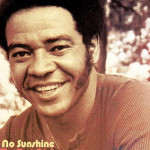
Connect to Bill Withers on Facebook
Discover more new music on Atwood’s Picks
:: Stream Bill Withers ::
https://www.youtube.com/watch?v=tIdIqbv7SPo

